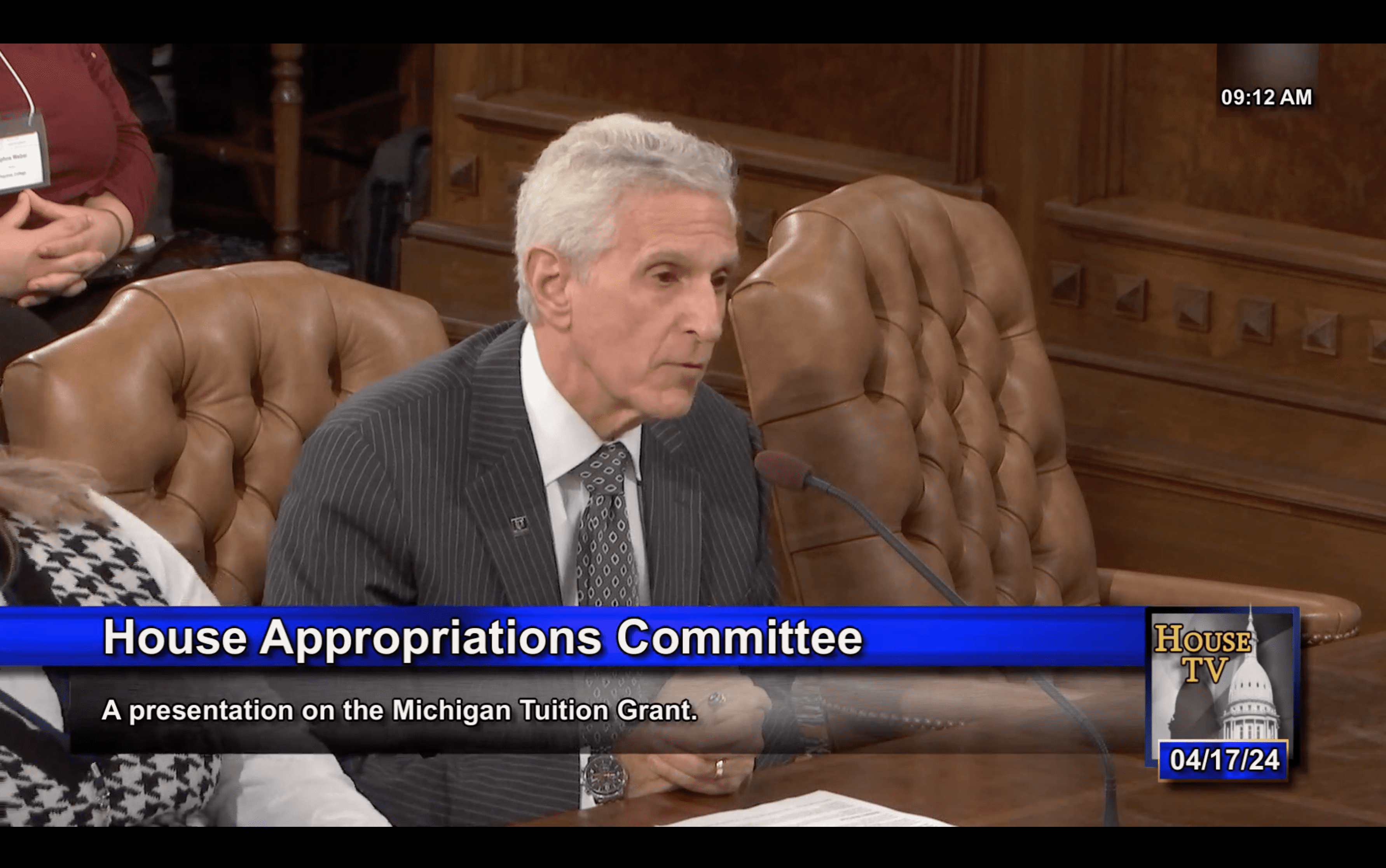
Students be aware: How to spot student loan scams
Millions of people around the world have student loans and some have trouble making their minimum payment every month. There are many companies that claim to resolve the issue, saying they can help you pay your loans off quicker and cheaper. Some even go the whole nine yards and claim they can get your loans forgiven. But be very cautious because many of these companies are running scams.
As of 2019, these “illegal” companies have brought in just over $95 million, according to the Federal Trade Commission (FTC). These companies are promising lowered loan payments and student debt forgiveness while demanding upfront payments, portraying false debt relief stories or simply lying about their products and services.
How to spot a student loan scam
While not every scam will be easily recognizable, there are certain characteristics of scams that are easy to spot right away. In general, if you are asked to pay money upfront or share confidential information, be wary. Pay attention to the claims the company makes, too. If it seems to be good to be true, it just might be.
The most popular student loan scams involve charging fees upfront. The FTC has made it illegal for any debt relief company to charge a fee upfront. So, if the company you’re looking at is promising to lower or renegotiate your debt AFTER you send them money, that’s an immediate red flag. You must pay only when a new debt is settled, or after you agree to a new payment.
Another key identification of a scam can be the way the company is advertising. Although there is nothing wrong with an online advertisement, be on the lookout and remember where you see these ads. If the company is showing up on a paid section of Google search results or a promoted Facebook post, it’s a potential red flag. While every company that advertises isn’t trying to scam you, make sure to do your research before working with them. Even if a company isn’t running an outright scam, the outcomes they promise can be very much exaggerated.
Lastly, do not give away sensitive or personal information to any debt relief company. When you applied for college, there were federal aid or scholarship programs that may have required this information, but debt assistance organizations do not need them. Always err on the side of caution when handling your personal information – make sure you are 100% certain that the company can be trusted before giving out any passwords, banking or credit card information, social security numbers and the like.
Where to find trustworthy student debt relief
When it comes to your finances, there are plenty of organizations willing to help you navigate even the trickiest of situations. ALWAYS do your research before accepting an offer and educate yourself on what a realistic debt relief plan or loan option looks like.
Here are some of the most trusted and well-reviewed student loan relief programs:
- Repayment plans and consolidation through the U.S. Department of Education
- Student loan forgiveness through the U.S. Department of Education
Other helpful resources:
- Don’t Be Fooled: You Never Have to Pay for Student Loan Help
- U.S. Department of Education: Understanding loan servicers
- Student loan basics from the Consumer Financial Protection Bureau





No Responses